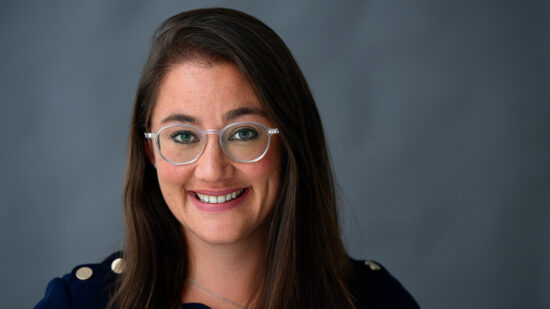Among the regulator’s additions was a requirement for discretionary fund managers to tape conversations with clients and the application of new research inducement provisions to collective portfolio managers as well as the investment firms previously included.
The new rules were listed in the regulator’s final policy statement on the implementation of Mifid II from January 2018 published on Monday.
The FCA said the requirements would help in the regulation’s aims of improving consumer protection and market integrity in the UK.
DFMs had been exempt from upcoming rules to tape client conversations, but will now be required to record chats relating to “transactions concluded when dealing on own account and when providing client order services”.
Smaller advisory firms can decide whether to tape conversations or take a full written note of what was said, the FCA confirmed.
Collective portfolio managers, not only investment firms subject to Mifid II, will now be subject to rules regarding inducements for investment research in what the FCA claimed will “improve transparency and accountability over costs passed to investors” and ensure greater competition.
Phil Lynch, head of markets, products and strategy at SIX Financial Information, said the FCA had added more complexity to the rules.
“This final guidance from the FCA suggests that the UK regulator may yet add further nuances, which will add additional complexity to Mifid II rules for European financial institutions. The UK would not be alone, as other local authorities are also establishing local definitions,” Lynch said.
He added: “This is why the industry needs to find a way to develop standardised approaches that can be shared, automated, and scaled to a higher degree. Only then will firms be able to interact together using the same information.”







